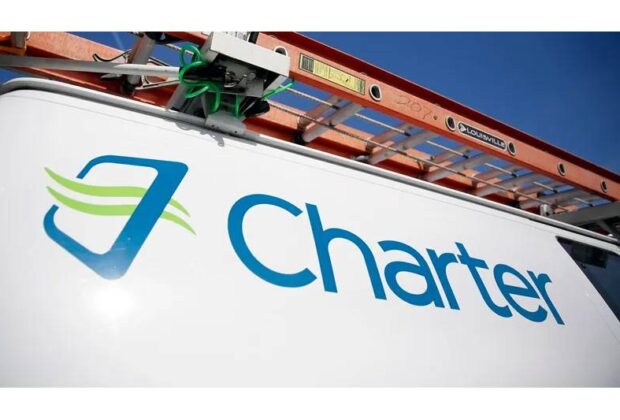In a bold move to stay competitive in a rapidly evolving digital landscape, Charter Communications and Cox Communications — two of the largest cable companies in the U.S. — have agreed to merge in a $34.5 billion deal, including debt. The merger signals a significant shift in the cable industry as consumers continue to abandon traditional TV services in favor of streaming and wireless alternatives.
A Strategic Alliance to Counter Cord-Cutting and Competition
The merger aims to create a stronger competitor against telecom giants like AT&T and T-Mobile, who are attracting customers with bundled broadband and mobile services. With millions of Americans ditching cable for cheaper streaming options, traditional providers are under immense pressure to adapt.
Charter, best known under its Spectrum brand, has been steadily increasing its mobile subscriber base despite declining TV subscriptions. Meanwhile, Cox — a privately held division of Cox Enterprises, founded in 1898 — brings deep market reach and decades of industry experience to the table.
Leadership and Branding Plans
While the merged entity will officially be known as Cox Communications, Spectrum will remain the consumer-facing brand. The corporate headquarters will be based in Stamford, Connecticut, with a major presence in Atlanta, where Cox is currently headquartered.
“This combination will augment our ability to innovate and provide high-quality, competitively priced products,” said Charter CEO Chris Winfrey. “We aim to deliver outstanding customer service to millions of homes and businesses.”
Stock Surge and Industry Impact
Following the merger announcement, Charter’s (CHTR) stock surged over 6%, continuing its strong performance this year with a 22% rise since January. Analysts say the move could reshape the cable industry’s competitive landscape and may spark further consolidation.
Awaiting Regulatory Approval
The deal is subject to regulatory approval, and with heightened scrutiny on large-scale mergers, all eyes will be on how the Biden administration responds to this consolidation in the media and telecom space.
As cable providers evolve from traditional TV to broadband and mobile service bundles, this merger may represent the new blueprint for survival and growth in the era of streaming.




